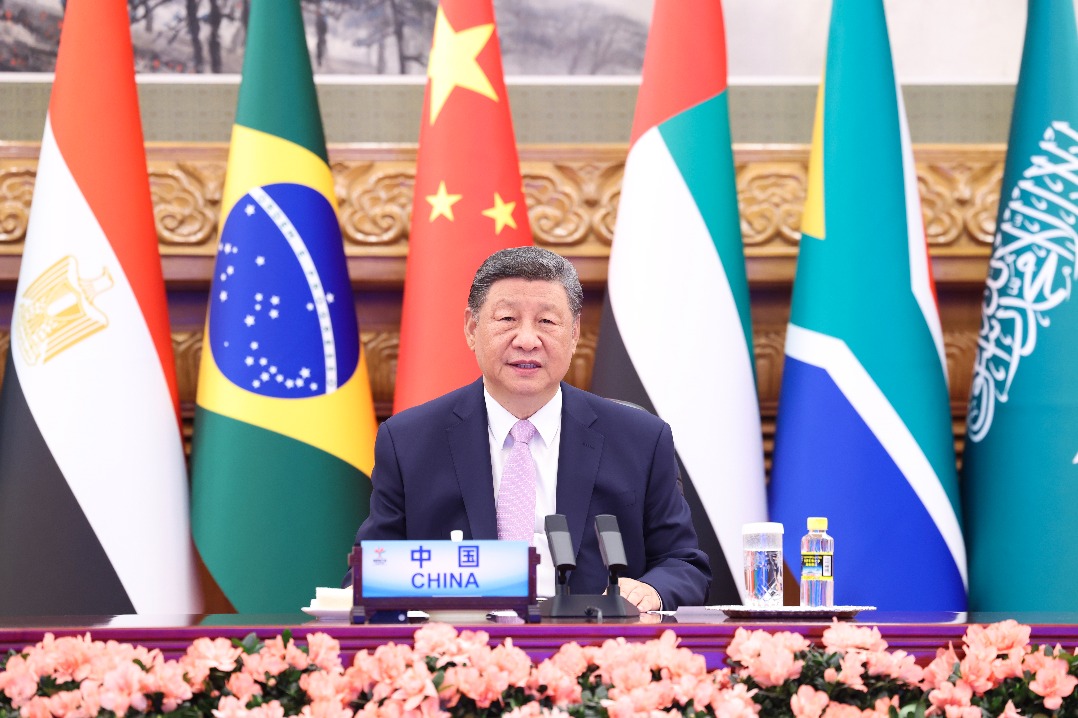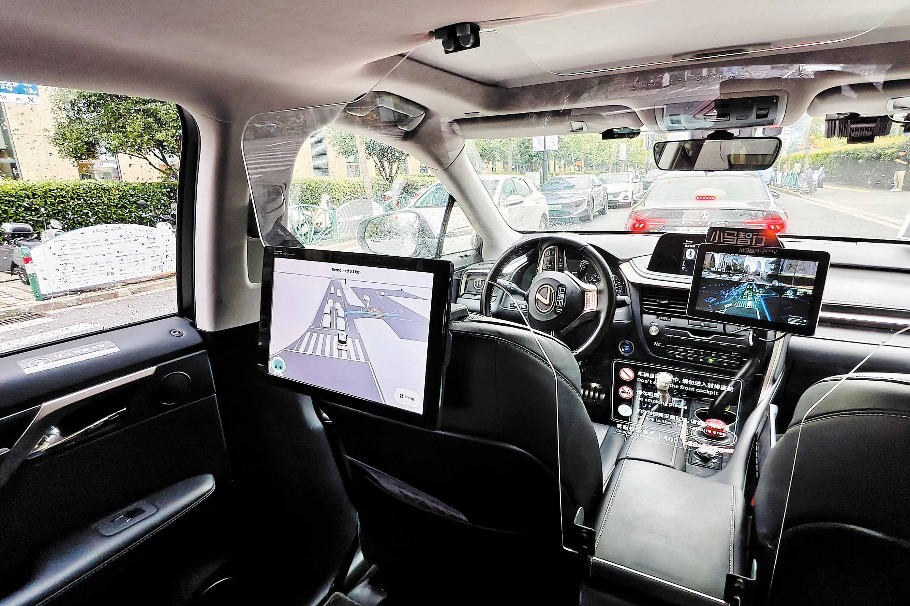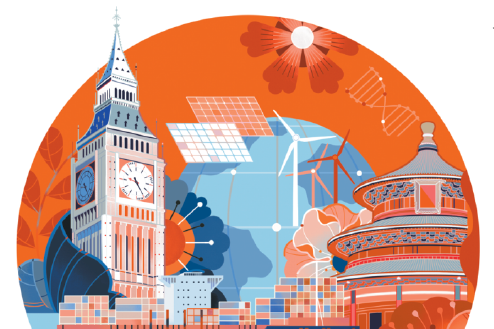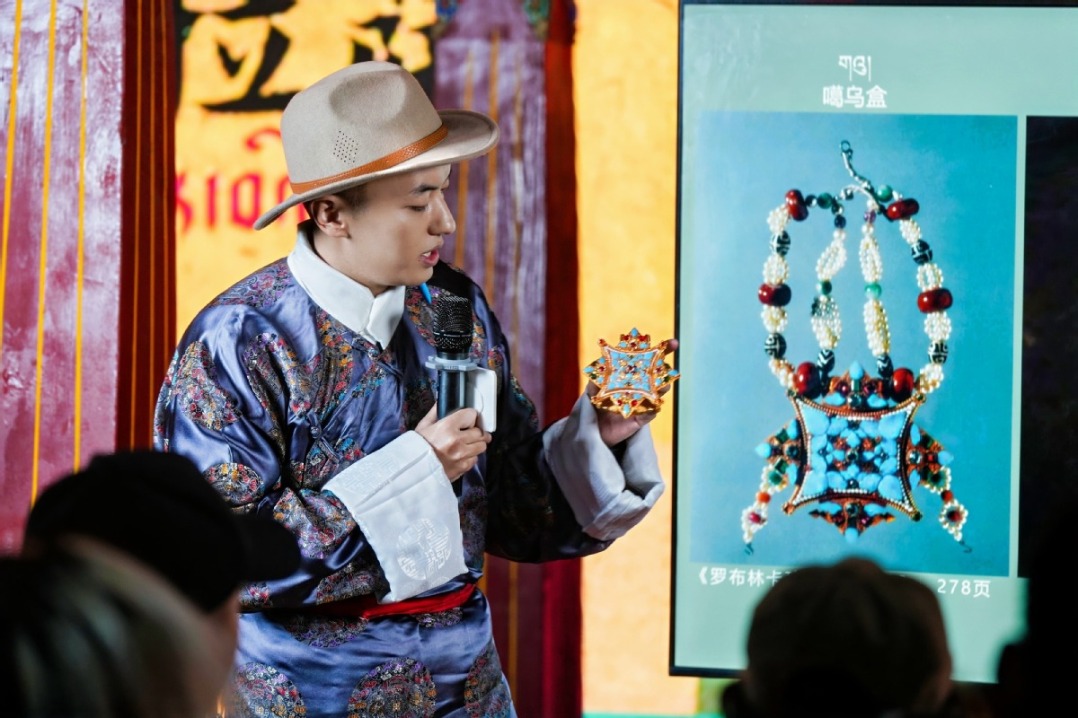BRI will help realize 'African Dream'

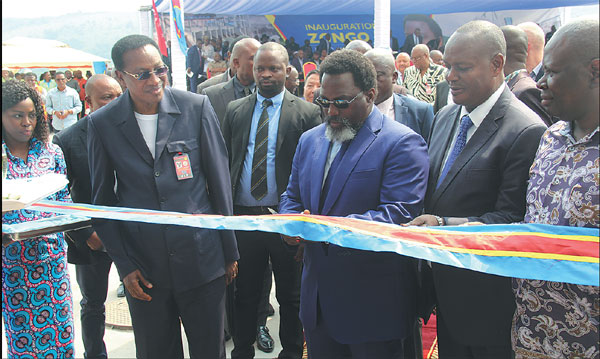
President Xi Jinping proposed the Belt and Road Initiative five years ago to bridge the development gaps among countries, improve peoples' living standards and promote sustainable, shared development. This makes the initiative a global cooperation network that connects countries by air, land, sea and cyberspace, and extends beyond the Eurasian continent to Africa and Latin America.
Building infrastructure is the first priority of the Belt and Road Initiative, as the world suffers from poor infrastructure. In particular, the West (including the United States) lacks proper, modern infrastructure because private capital has no interest in investing in infrastructure. The reason: infrastructure does not make money, in the short term at least.
But China is willing to invest in infrastructure, because it thinks long term.
People may ask: Why are Western companies not interested in investing in infrastructure while Chinese companies are? This is a key factor to understand: If China builds a high-speed railway, for example, Chinese companies will invest in real estate, tourism and other industries that will benefit from the railway. So even if the railway per se does not make money, profits could still be earned in other ways. And along the railway, we could build economic zones and industrial parks that would benefit the local economies.
Other developing countries want to learn from China's development experience. And many such countries ask: How has China developed so rapidly? Well, as we Chinese say, if you want to get rich, build a road; if you want to get rich quickly, build a railway; and then connect them so we can all get rich together. This is the essence of the Belt and Road Initiative.
After infrastructure comes industry clusters, followed by economic corridors. That infrastructure benefits the local people is a precondition for industrialization. If you cannot have industrialization, you remain poor. And if you are poor, you do not have the money to invest in infrastructure-this is a vicious circle.
The Oriental Industrial Park in Ethiopia and the Suez Canal Economic Zone in Egypt are shining examples that prove economic zones and industrial parks benefit from infrastructure. Africa is a natural partner of the Belt and Road Initiative, and the Tanzania-Zambia Railway, which was completed in 1975, is a symbol of Sino-African Friendship.
China has invested more than $70 billion in countries and regions involved in the Belt and Road Initiative since its inception in 2013, and commodity trade among them has crossed $5 trillion. China has also set up 75 overseas economic and trade cooperation zones with an investment of more than $27 billion, which have created jobs for more than 200,000 local people. And its Silk Road Fund has facilitated the signing of 19 projects with a committed investment of $7 billion.
In the coming five years, Chinese outbound investment in the Belt and Road participants could reach $500 billion, and the number of overseas trips made by Chinese tourists is expected to reach 700 million. These developments will greatly benefit the African countries cooperating with China on the Belt and Road Initiative.
China and African countries are also working on many other projects such as those related to industry, finance, poverty reduction, ecological and environmental protection, cultural and people-to-people exchanges, and peace and security. No wonder Chinese and African leaders have set the ambitious goal of raising China's foreign direct investment in Africa from $32.4 billion in 2014 to $100 billion in 2020, and increasing two-way trade from $220 billion to $400 billion.
Indeed, with the Belt and Road Initiative helping merge the Chinese Dream with the "African Dream", a China-Africa community with a shared future will definitely come into being.
The author is Jean Monnet Chair Professor of Renmin University of China.


















